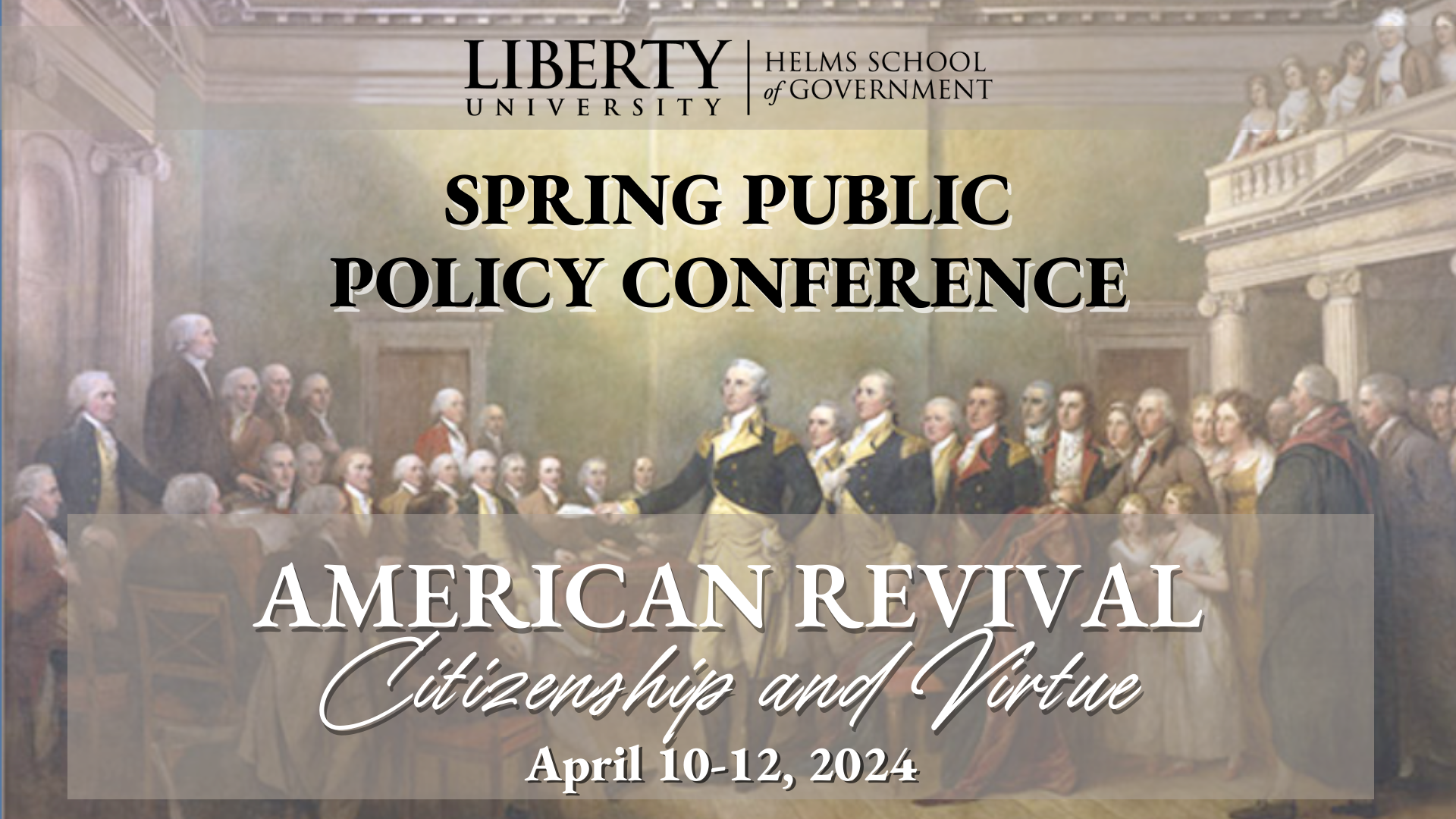Location
Cultural & Social Challenges
Level of Education
Doctoral
Keywords
volunteerism, virtue, charity, liberty, justice, citizenship, governmental overreach, community, religious organizations, civics
Presenter Names and Speeches.
David W. Bolton, PhD, MBA
Abstract
Alexis de Tocqueville observed that colonial Americans were preoccupied with civic duty, and he spoke to the beneficial power of early American volunteer associations which did not rely on government solutions. Colonial Americans resolved immediate communal needs through volunteerism and charity via civic and religious organizations. From de Tocqueville’s perspective, an essential element of being a good citizen was contributing to your community through volunteerism and charity. State and federal government overreach could be avoided by resolving local issues locally. The true nature of citizenship was to ensure liberty and justice through voluntary, philanthropic efforts and avoiding the mandated funding of government-sponsored programs through forced taxes.
Communities benefit from hosting civic and charitable organizations, staffed by their own residents, to provide for the needs of those within their municipalities. For these organizations to be successful, they need volunteers with various skills to run business functions and financial donations in equal measure. Recent studies in American volunteerism support concepts of upholding liberty and justice through charity and volunteerism. This article will research American volunteerism, compare the successes and failures of various charitable organizations and the encroachment of governmental programs to replace these services, and offer suggestions for strengthening local volunteer participation levels in the future. In limiting government interventions through the virtues of volunteerism and charity, citizens can collectively use their individual skills and resources to ensure liberty by providing for their neighbors in need and nurturing their communities while promoting the Christian virtue to “love thy neighbor.”
Included in
Economic Policy Commons, Education Policy Commons, Public Affairs Commons, Public Policy Commons, Social Policy Commons
Upholding Liberty and Justice through the Virtue of Citizen Volunteerism
Cultural & Social Challenges
Alexis de Tocqueville observed that colonial Americans were preoccupied with civic duty, and he spoke to the beneficial power of early American volunteer associations which did not rely on government solutions. Colonial Americans resolved immediate communal needs through volunteerism and charity via civic and religious organizations. From de Tocqueville’s perspective, an essential element of being a good citizen was contributing to your community through volunteerism and charity. State and federal government overreach could be avoided by resolving local issues locally. The true nature of citizenship was to ensure liberty and justice through voluntary, philanthropic efforts and avoiding the mandated funding of government-sponsored programs through forced taxes.
Communities benefit from hosting civic and charitable organizations, staffed by their own residents, to provide for the needs of those within their municipalities. For these organizations to be successful, they need volunteers with various skills to run business functions and financial donations in equal measure. Recent studies in American volunteerism support concepts of upholding liberty and justice through charity and volunteerism. This article will research American volunteerism, compare the successes and failures of various charitable organizations and the encroachment of governmental programs to replace these services, and offer suggestions for strengthening local volunteer participation levels in the future. In limiting government interventions through the virtues of volunteerism and charity, citizens can collectively use their individual skills and resources to ensure liberty by providing for their neighbors in need and nurturing their communities while promoting the Christian virtue to “love thy neighbor.”



